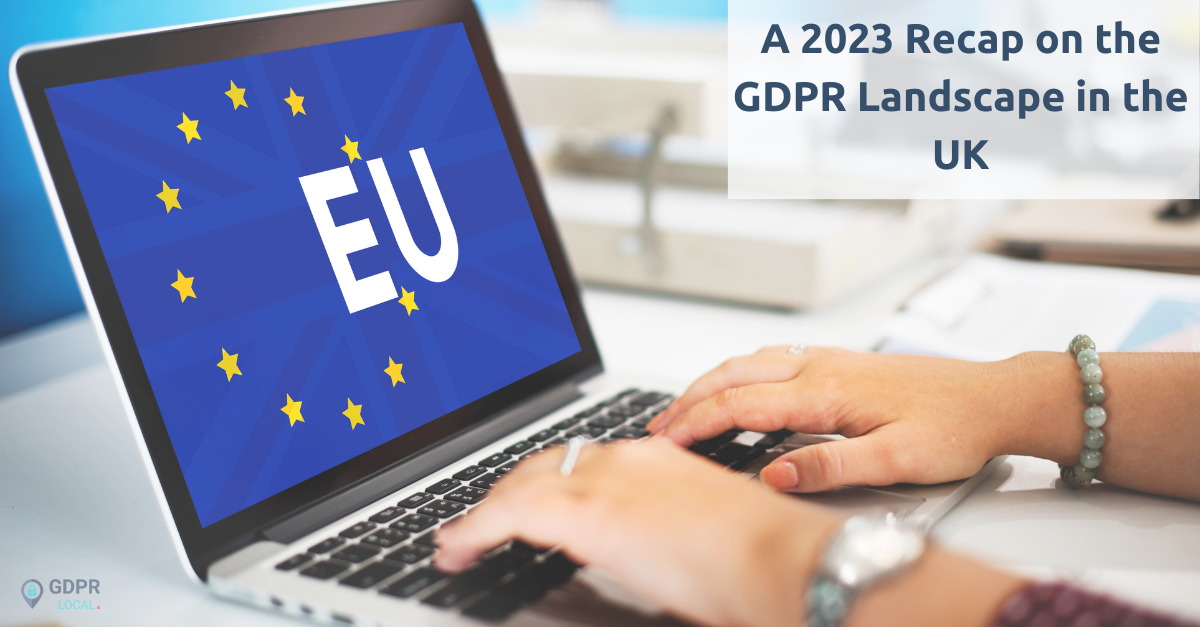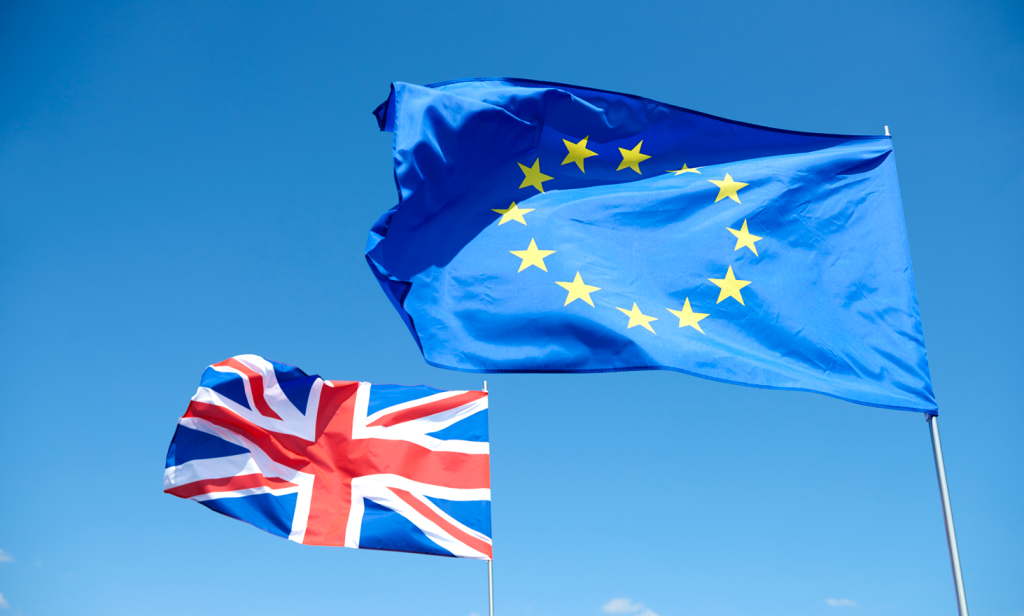
A 2023 Recap on the GDPR Landscape in the UK
The implementation of the General Data Protection Regulation (GDPR) in 2018 marked a significant shift in data privacy regulations worldwide. While the UK had left the European Union by the time the GDPR came into effect, it retained the regulation as part of its domestic law. In 2023, the UK’s data privacy landscape has seen several notable developments that are worth keeping an eye on.
1. Introduction of the UK-US Data Bridge
In October 2023, the UK-US Data Bridge took effect, facilitating the transfer of personal data between the two countries without the need for additional safeguards. This agreement is particularly important for businesses that operate in both markets and rely on data transfers for their operations.
2. Proposed Amendments to the UK GDPR
The UK government has proposed amendments to the UK GDPR through the Data Protection and Digital Information Bill. These amendments aim to streamline data protection regulations, reduce administrative burdens for businesses, and promote innovation within the digital economy.
3. Continued Enforcement by the ICO
The Information Commissioner’s Office (ICO), the UK’s data protection regulator, has continued to actively enforce the UK GDPR in 2023. The ICO has issued fines for non-compliance with the regulation and has also provided guidance on various aspects of data protection.
4. Increased Focus on Data Security
The threat of cyberattacks and data breaches has become increasingly prominent in recent years. As a result, there has been a growing focus on data security within the UK. Organizations are investing in data security measures to protect personal data and comply with the UK GDPR.
5. Emerging Trends in Data Privacy
As technology evolves, new data privacy challenges and opportunities are emerging. The use of artificial intelligence (AI) and machine learning (ML) in data processing is one area of particular interest. Organizations need to be aware of these emerging trends and ensure that their data practices comply with the UK GDPR.

Key Takeaways for 2023
The year 2023 has been a dynamic one for data privacy in the UK. The introduction of the UK-US Data Bridge, proposed amendments to the UK GDPR, and ongoing enforcement by the ICO are just a few of the developments that have shaped the data privacy landscape. Organizations operating in the UK need to stay up-to-date on these changes and ensure that their data practices are compliant with the UK GDPR. In addition, they should continue to invest in data security measures and be aware of emerging trends in data privacy.